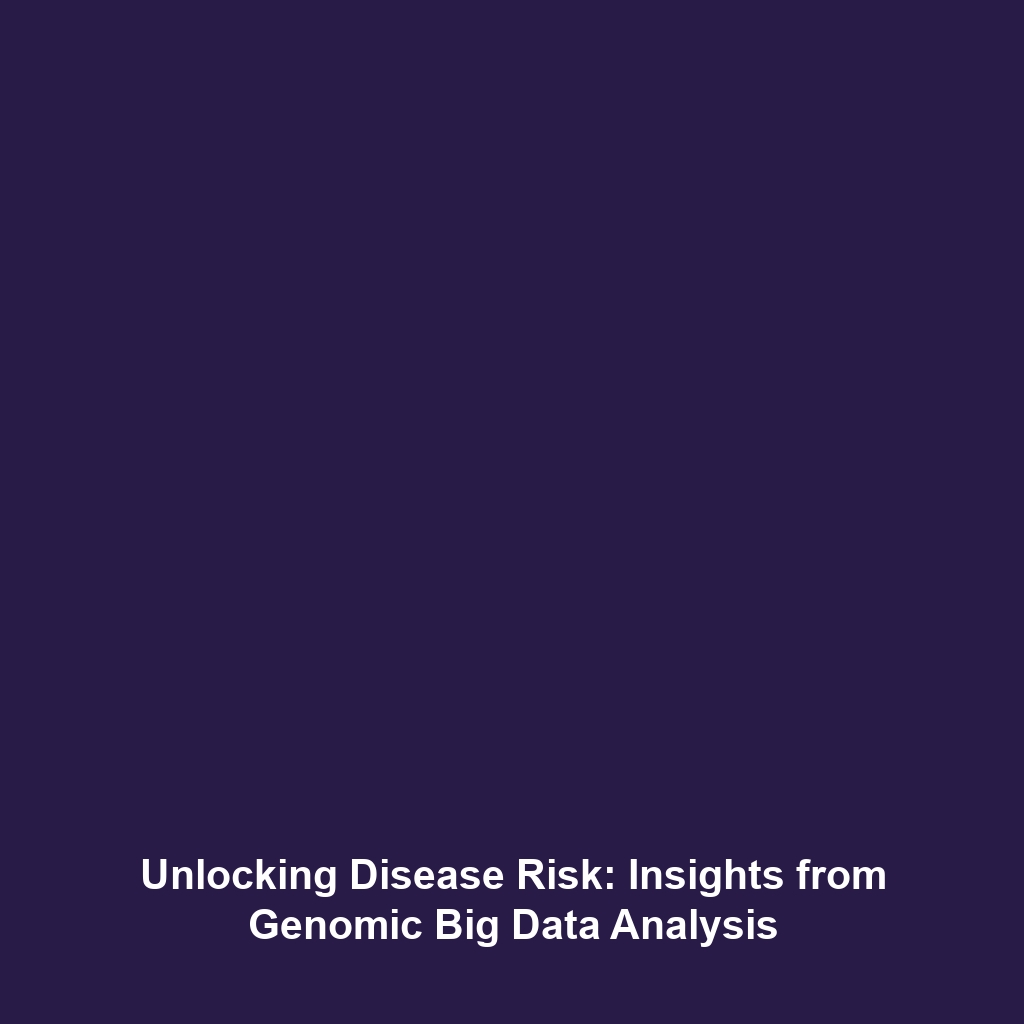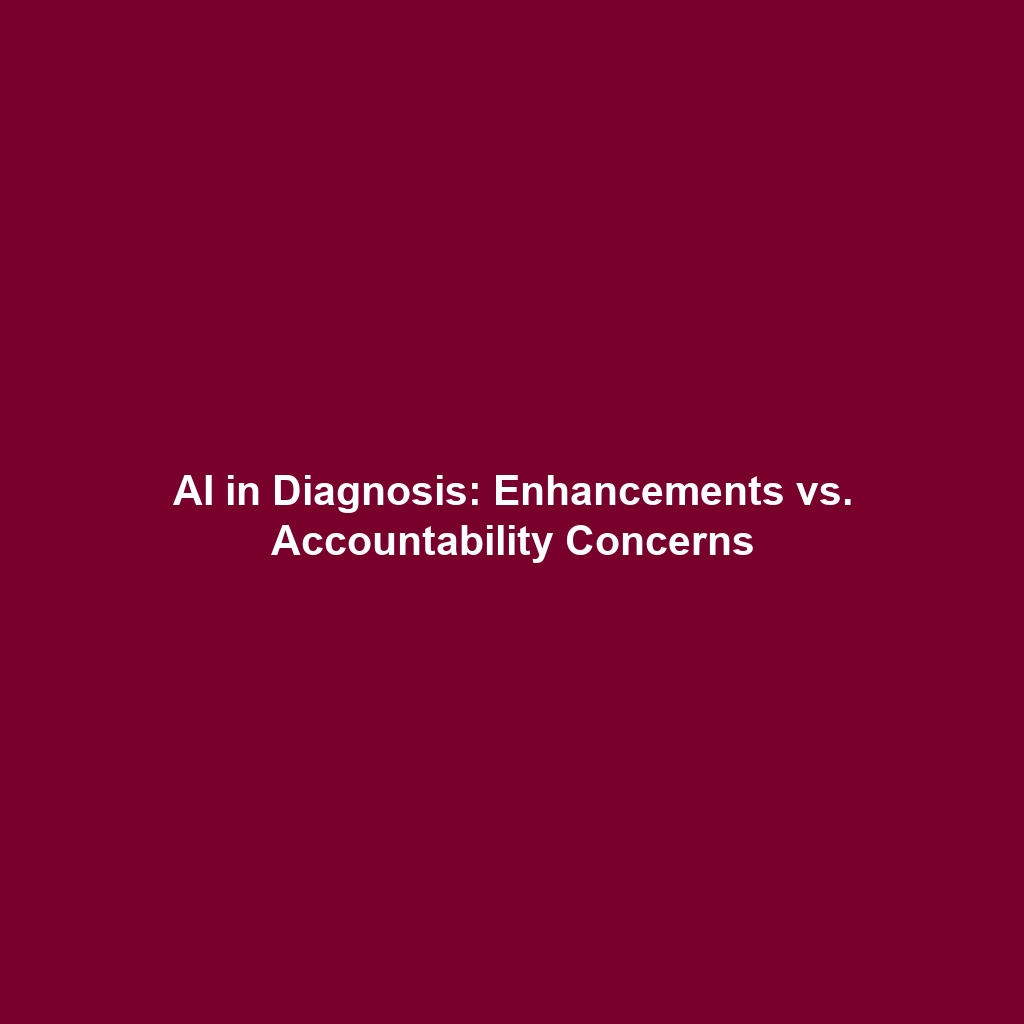Predicting Disease Risk and Treatment Response Based on Large-Scale Genomic Data Analysis
Introduction
In the rapidly evolving landscape of Big Data in Science, the ability to predict disease risk and treatment responses through large-scale genomic data analysis has emerged as a critical area of research. This innovative approach not only enhances precision medicine but also allows for personalized treatment plans, improving patient outcomes significantly. By analyzing extensive datasets derived from genomic information, researchers can uncover patterns and biomarkers that lead to more effective healthcare solutions. Hence, understanding how genomic data analytics integrates into predicting disease risk is essential for advancing public health.
Key Concepts
Genomic Data Analysis
Genomic data analysis involved the examination of DNA sequences to identify genetic variations associated with diseases. Key principles include:
- Data Collection: Gathering large volumes of genomic information from diverse populations.
- Bioinformatics Techniques: Utilizing software tools to analyze genomic sequences and interpret biological data.
- Statistical Modeling: Applying algorithms to predict disease risk based on identified genetic markers.
Integration with Big Data
This area of study fits squarely within Big Data in Science as it leverages computational power to process complex genetic data, making it possible to derive actionable insights.
Applications and Real-World Uses
The applications of predicting disease risk and treatment response based on large-scale genomic data analysis are widespread and transformative:
- Cancer Genomics: Identifying genetic predispositions that inform targeted therapies.
- Pharmacogenomics: Tailoring drug prescriptions based on individual genetic profiles to enhance efficacy and minimize adverse effects.
- Rare Disease Diagnosis: Facilitating quicker and more accurate diagnoses through tailored genetic screenings.
These examples illustrate how such predictive analytics are revolutionizing health sciences by delivering customized medical interventions.
Current Challenges
Despite significant advancements, several challenges persist in the domain of predicting disease risk:
- Data Privacy: Concerns regarding the ethical management of sensitive genetic information.
- Integration of Data: Difficulties in consolidating genomic data from different sources.
- Interpreting Complex Data: The challenge of making sense of vast and intricate datasets to produce actionable insights.
These issues highlight the critical need for robust frameworks to ensure responsible usage and interpretation of genomic data.
Future Research and Innovations
Looking forward, the field is poised for remarkable innovations:
- AI and Machine Learning: Leveraging artificial intelligence to enhance predictive accuracy in genomic analysis.
- Genetic Editing Technologies: Exploring CRISPR and other technologies to adjust genetic predispositions proactively.
- Collaboration Models: Developing partnerships between research institutions and healthcare providers to share findings and technology.
These advancements will shape the future landscape of Big Data in Science, enabling more efficient and effective healthcare solutions.
Conclusion
In summary, predicting disease risk and treatment response using large-scale genomic data analysis holds immense potential within the realm of Big Data in Science. By addressing the current challenges and embracing future innovations, the healthcare sector can pave the way for more personalized and effective treatment options. For further exploration on similar topics, consider visiting our pages on genomic research trends and data analytics methodologies.

